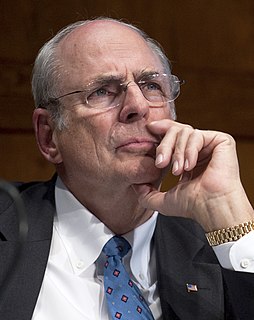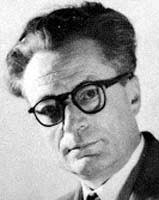A Quote by Arthur Conan Doyle
I had ... come to an entirely erroneous conclusion, which shows, my dear Watson, how dangerous it always is to reason from insufficient data.
Related Quotes
I had come to the conclusion a long time ago that there was no escape from the labyrinth of contradictions in which we live except by an entirely new road, unlike anything hitherto known or used by us. But where this new or forgotten road began I was unable to say. I already knew then as an undoubted fact that beyond the thin film of false reality there existed another reality from which, for some reason, something separated us. The 'miraculous' was a penetration into this unknown reality.
Then one day I realized that a false picture of the German camps had been created and that the problem of the concentration camps was a universal one, not just one that could be disposed of by placing it on the doorstep of the National Socialists. The deportees - many of whom were Communists - had been largely responsible for leading international political thinking to such an erroneous conclusion. I suddenly felt that by remaining silent I was an accomplice to a dangerous influence.
Any time scientists disagree, it's because we have insufficient data. Then we can agree on what kind of data to get; we get the data; and the data solves the problem. Either I'm right, or you're right, or we're both wrong. And we move on. That kind of conflict resolution does not exist in politics or religion.
When we talked about Socrates, we saw how dangerous it could be to appeal to people's reason. With Jesus we see how dangerous it can be to demand unconditional forgiveness. Even in the world of today, we can see how mighty powers can come apart at the seams when confronted with simple demands for peace, love, food for the poor, and amnesty for the enemies of the state.
My question is about the head of the Office of Government Ethics. Is he acting ethically when he sent out nine tweets praising Donald Trump saying that his plan was brilliant. How did he come to that conclusion? And how does come to his current conclusions having never done an investigation and never looked at the paperwork in the point where he can actually come to a reasonable conclusion?I think that's unethical.


































